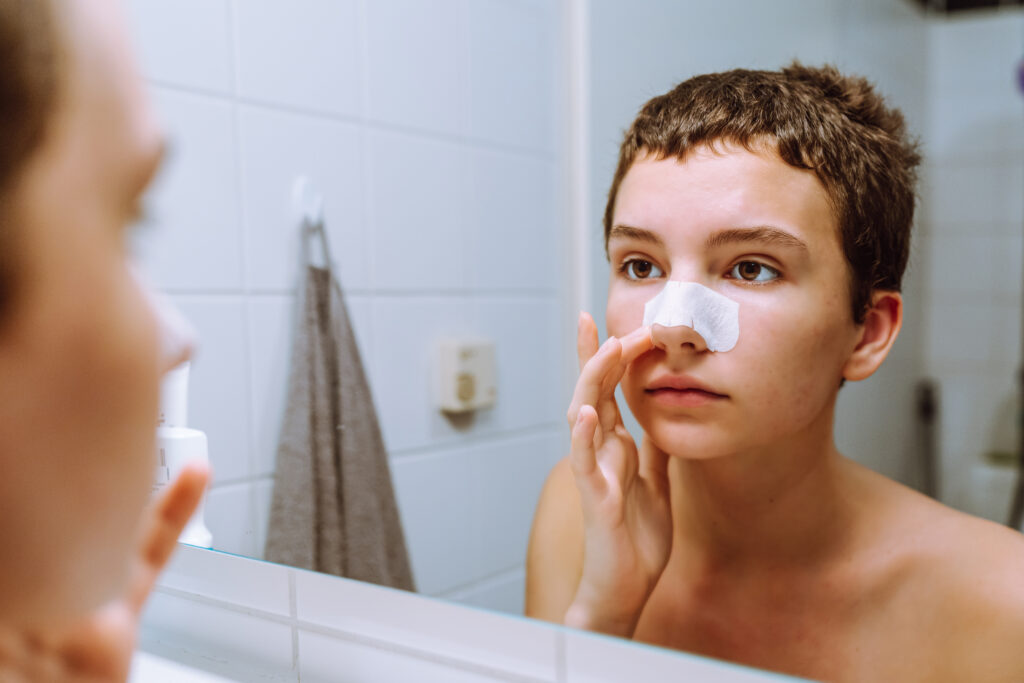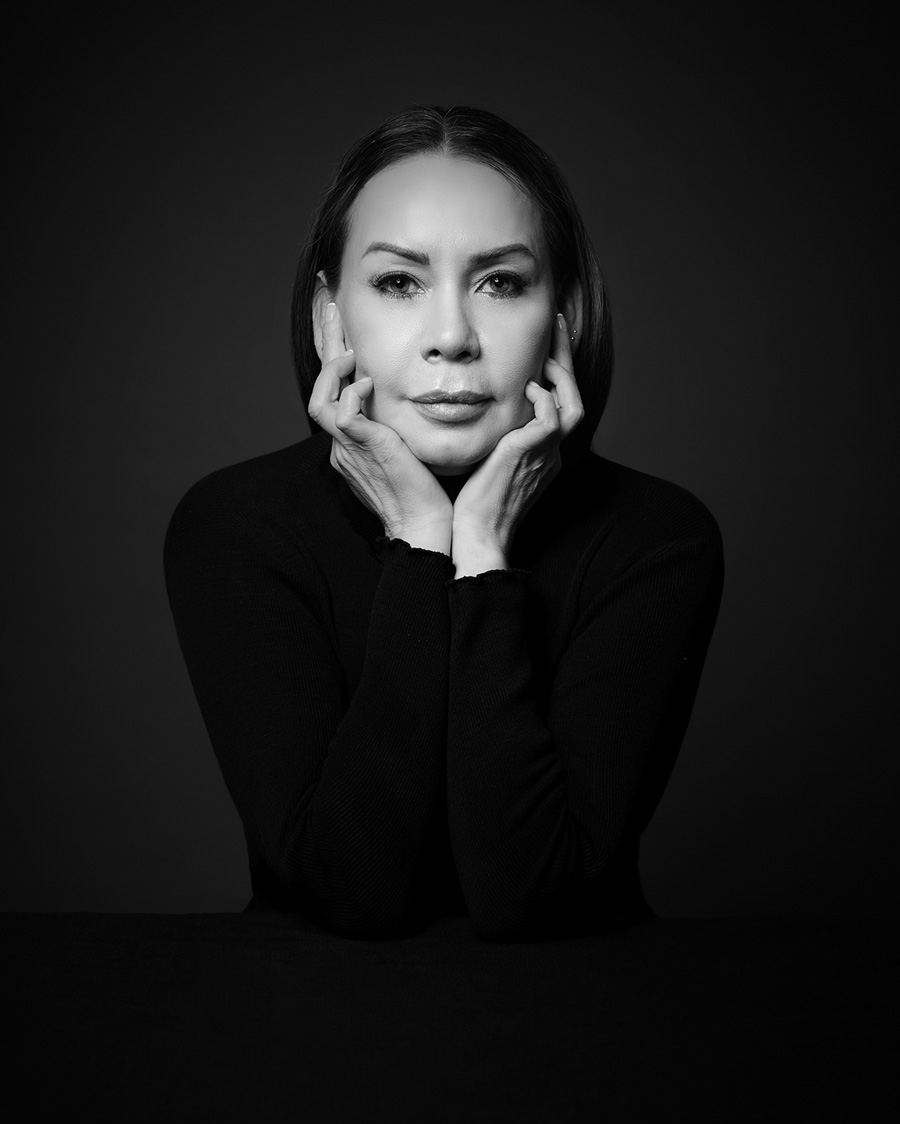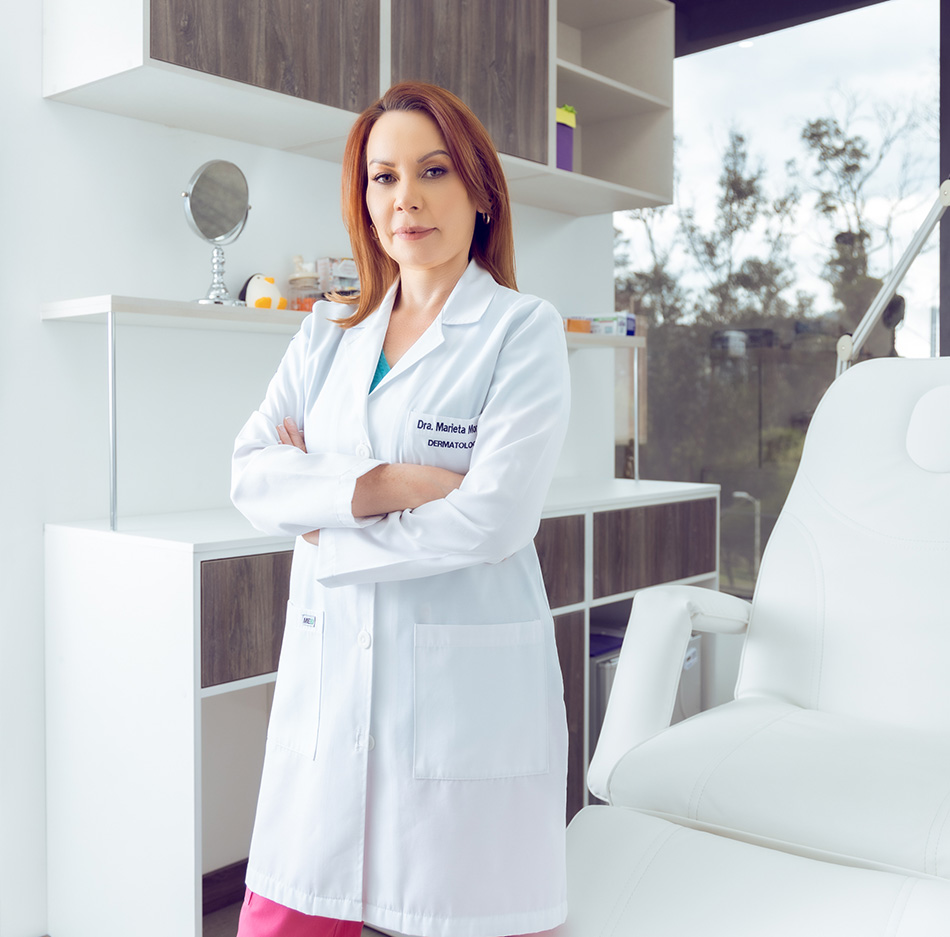
Adolescence is a stage of great changes
More than just a skin issue, the body changes, emotions change, and so does the skin. One of the most common reasons for dermatologist consultations at this stage is acne. Although it's often considered "normal" or temporary, acne goes far beyond a cosmetic issue.
As a dermatologist, I've helped many teenagers (and their parents) who come to me with doubts, insecurities, and even frustration. Acne doesn't just affect the skin; it also directly impacts self-esteem, confidence, and the way kids relate to their surroundings.
What is acne really?
Acne is a chronic inflammatory skin condition. It's what we commonly call pimples, whiteheads, spots, or blackheads. It can present in different forms: from small comedones to pustules, painful nodules, or even cysts that can leave scars. All of this can have a significant emotional impact, especially in adolescents, a stage in which body image takes on particular importance.
Why is it presented?
During puberty, the body begins to produce more androgen hormones, which stimulate the sebaceous glands in the skin. This produces excess sebum, which, when combined with dead skin cells, clogs pores and causes inflammation. The bacteria Cutibacterium acnes also plays an important role in this process.
But acne doesn't have a single cause. Genetic, hormonal, environmental, and even emotional factors can play a role. Therefore, each case must be evaluated individually.
Is it necessary to treat it?
Sí. Aunque muchos adolescentes (e incluso adultos jóvenes) creen que el acné “se va solo”, lo cierto es que no tratarlo a tiempo puede dejar cicatrices físicas y emocionales difíciles de reparar. Además, hay diferentes grados de severidad y no todos responden igual al mismo tratamiento. Una evaluación dermatológica temprana puede evitar complicaciones y mejorar significativamente la calidad de vida.
¿Cómo evaluamos su gravedad?
The severity of acne isn't always easy to measure, as it can fluctuate over time and present differently in each person. There are various scales that help us objectively classify it in consultations. These tools are key to choosing the most appropriate treatment and monitoring the results.
And the treatments?
Today, we have many effective options for acne treatment. From topical products, oral antibiotics, and hormonal treatments to in-office procedures such as dermaplaning, peels, or laser treatments. In some cases, a combination of therapies is necessary. Therefore, personalized treatment is essential.




